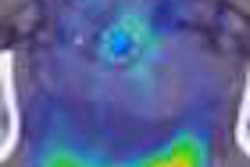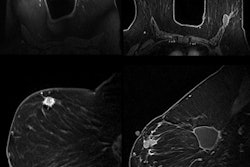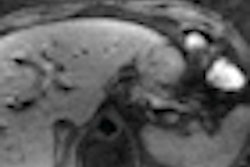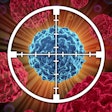More than 90% of prostate cancer patients who received proton therapy said they were satisfied with their treatment and subsequent quality of life (QOL), according to survey results presented on Wednesday at the National Proton Conference being held this week in Washington, DC.
Specifically, 96% of patients reported they were satisfied or extremely satisfied with their proton therapy treatment. Ninety-nine percent said they felt that electing to have proton therapy instead of other types of radiotherapy was the best treatment decision, and 98% said they had recommended proton therapy to other men diagnosed with prostate cancer.
The survey included responses from 1,961 men who received treatment at one of 10 proton therapy centers between 1991 and 2010. The respondents represented nearly 20% of all prostate cancer patients in the U.S. who received proton therapy at the centers during this time period.
The Brotherhood of the Balloon, an international organization of 6,400 men who have chosen proton therapy for prostate cancer, sponsored the survey. The National Association for Proton Therapy commissioned health economics and policy consulting firm Dobson DaVanzo and Assoc. to analyze the data regarding outcomes and patient satisfaction levels.
The respondents ranged in age from 56 years and to older than 76 years. Half were in the 61- to 70-year age group. Five percent had experienced cancer recurrence since treatment.
Patients who completed proton treatment had similar urinary, bowel, and hormonal quality-of-life measures compared to a control group of healthy men of the same age. The exception was sexual performance, which was lower.
A subgroup of patients (75.8% of the total) who had received only proton therapy had the highest scores on 13 of 18 subscore measures. The patients who received only proton treatment had the highest scores in several categories of sexual function, and also in the same categories for hormonal performance, compared with patients who also received photon therapy and/or hormone therapy. The sexual summary score of the proton-therapy-only group was 57.8, compared with 39.9 for those who also received hormone therapy and 35.9 for those who also received photon therapy.
In spite of diminished sexual and hormonal performance, 92% of the respondents said their physical health or emotional problems interfered very little or not at all with their social activities.



















